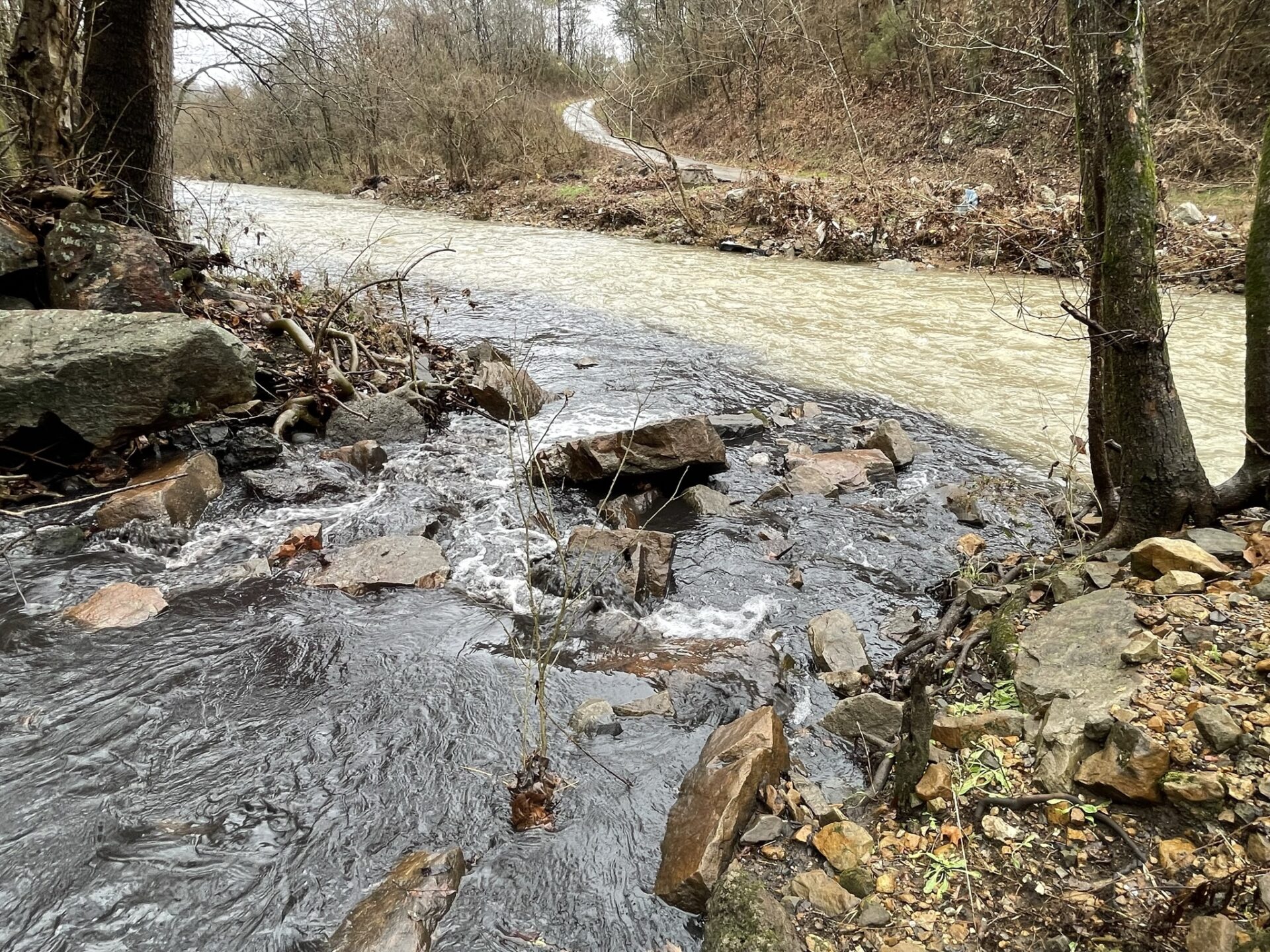Friday in the House, three bills were up for passage. First was House Bill 2004, which would require a procedure for the development of a state plan in regard to the Clean Air Act.
Currently the Environmental Protection Agency requires a 20% decrease in carbon-emissions by the year 2030 for the whole country.
Delegate John Shott, chairman of the House Judiciary committee, explained that in the EPA’s proposed rule, it requires a state to follow a set of four building blocks to reach this goal, however, he said the building blocks don’t add for much wiggle room for West Virginia.
“It requires limiting and reducing energy used by West Virginia residents and citizens. Let me say that again, it requires limiting and reducing energy used by West Virginia residents and citizens,” Shott noted, “This is greater than just a coal debate. This is a debate about the Federal EPA telling citizens how much energy they can use in their own homes.”
Shott says this bill would help aid in some pushback toward the EPA and give the state a little more control. It would require the Department of Environmental Protection to submit a report to the Legislature determining whether a state plan from the EPA is feasible. This in turn would allow for development of a proposed state plan to be reviewed and considered by the Legislature before submission to the EPA.
“In sum,” Shott said, “the proposed EPA rule is an improper intrusion upon the people of this state. We as the Legislature are the people’s eyes and ears and directly accountable them for the laws and policies of our state. In passing this bill we are properly exercising our role as a legislature and ensuring that the energy policies of this state are given appropriate review and consideration and not forced upon us by the EPA.”
House Bill 2004 passed overwhelmingly 93 to 3. Delegates Barbara Fleischauer, Mike Pushkin, and Stephen Skinner voted against.
Next was House Bill 2008, auditing the Division of Highways.
Delegate Eric Nelson, the Chair of House Finance, thinks this bill will help fix up West Virginia roads. The original bill took $500,000 dollars out of the State Road Fund to pay for the audit. That amount has been removed from the bill, and now the legislature will pay for the audit from its accounts.
“The biggest thing we did is we took this out of the Department of Highways,” said Nelson, “as far as the cost of this audit, we all know that we have issues with our, the maintenance of our roads and whatnot and did not feel like that needed to be a burden of the Department of Highways, and instead this will be an expense of the joint committee. A couple of other points, the last independent audit of the Department of Highways was completed in 2005, and before our committee, both Secretary Maddox and the Legislative Auditor both expressed support for the independent audit. I urge passage, Mr. Speaker.”
Delegate Amy Summers of Taylor County stood to support Nelson’s bill.
“We’ve put roads on the back burner for too long,” Summers said, “The audit of the Department of Highways is the initial step to evaluate our needs and develop a plan. Infrastructure can no longer be ignored. I urge support of House Bill 2008.”
Delegate Tim Miley, the Minority Leader, also stood to support the bill, but he inquired about the last independent audit done in 2005. He asked Delegate Nelson if anyone had followed up with the audit to determine whether the recommendations following it were implemented and if it is currently being followed. Nelson said many of the new plans over the last ten years came from that audit in 2005.
House Bill 2008 passed 96 to 0.
The last bill on third reading was House Bill 2151. This bill would make the West Virginia Teacher of the Year an ex officio, nonvoting member of the West Virginia Board of Education. The bill would also require two members of the Board of Education to be parents of children currently in the school system.
This bill also passed but with one rejection vote from Delegate Mike Azinger from Wood County.
